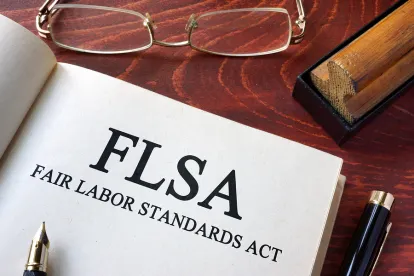On March 7, 2019, the U.S. Department of Labor announced its much anticipated proposal to increase the salary threshold required in order to qualify for one of the so-called “white collar exemptions” from the Fair Labor Standard Act’s overtime requirements. The proposed rule would raise the salary threshold by about 50%, from $23,660 per year to $35,308. Salary calculations would include all non-discretionary bonuses. If ultimately implemented, this increase would make an estimated one million more American workers overtime eligible.
The proposed rule does not restore the salary threshold to its all-time high. In May 2016 the DOL published a final rule setting the salary threshold at $47,476 per year. However, that rule was enjoined from implementation and later invalidated by the U.S. District Court for the Eastern District of Texas. Since then, the salary threshold has remained unchanged.
In addition to this immediate increase in the salary threshold, the DOL’s proposed rule also recommends, but does not mandate, gradual future increases. According to the rule’s Preamble, the DOL intends to consider adjustments to the minimum salary threshold for exempt status every four years. The increases would not be automatic, as they were under the 2016 rule, but would be implemented only after a notice and comment period.
Finally, the proposed rule also increases the salary threshold for “highly compensated” employees from $100,000 to $147,414. Such “highly compensated” employees can qualify for a white-collar overtime exemption based on a streamlined “duties” test. As to employees compensated at an annual rate falling between $35,308 and $147,414, the more demanding “duties” test still applies.
Employers wishing to weigh in on the proposed rule may submit comments electronically at www.regulations.gov, in the rulemaking docket RIN 1235-AA20. After the rule is published in the Federal Register, the public will have 60 days to submit comments.





 />i
/>i

